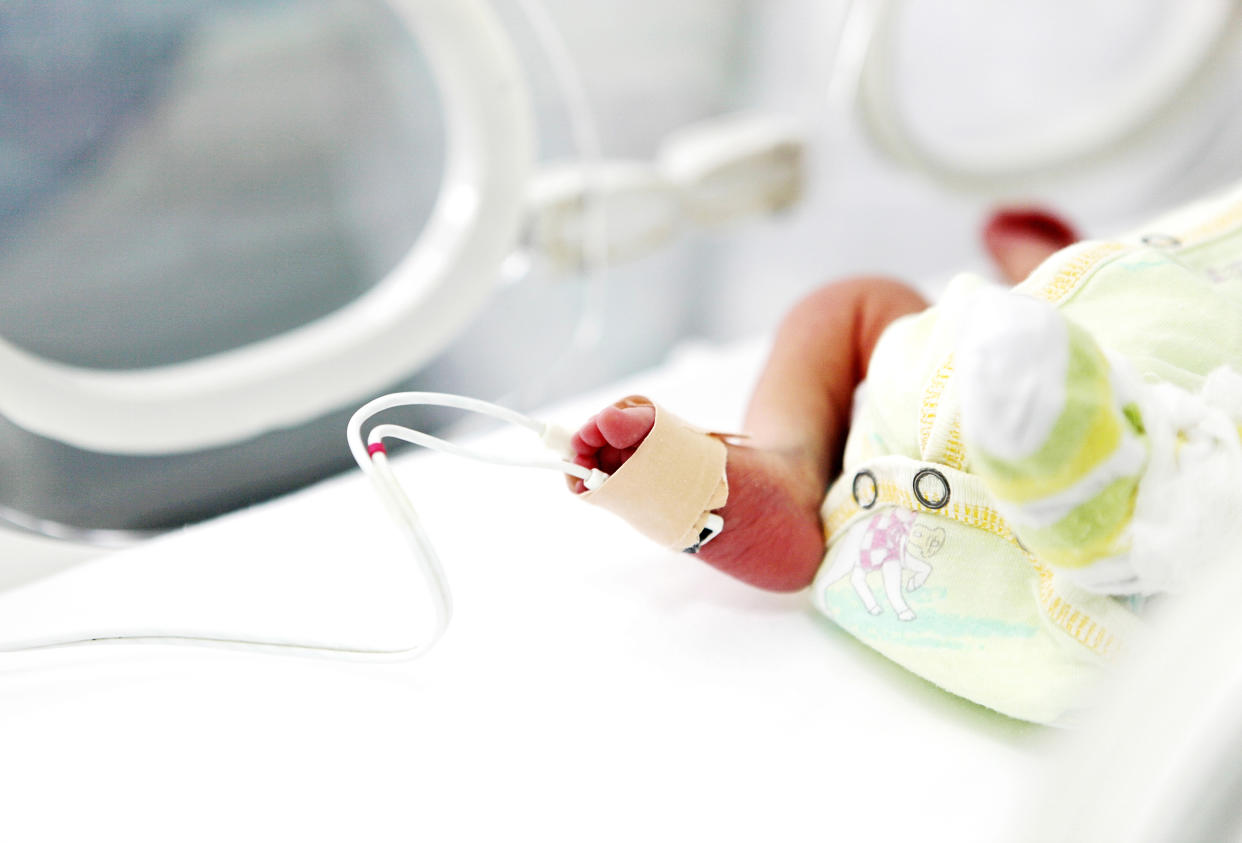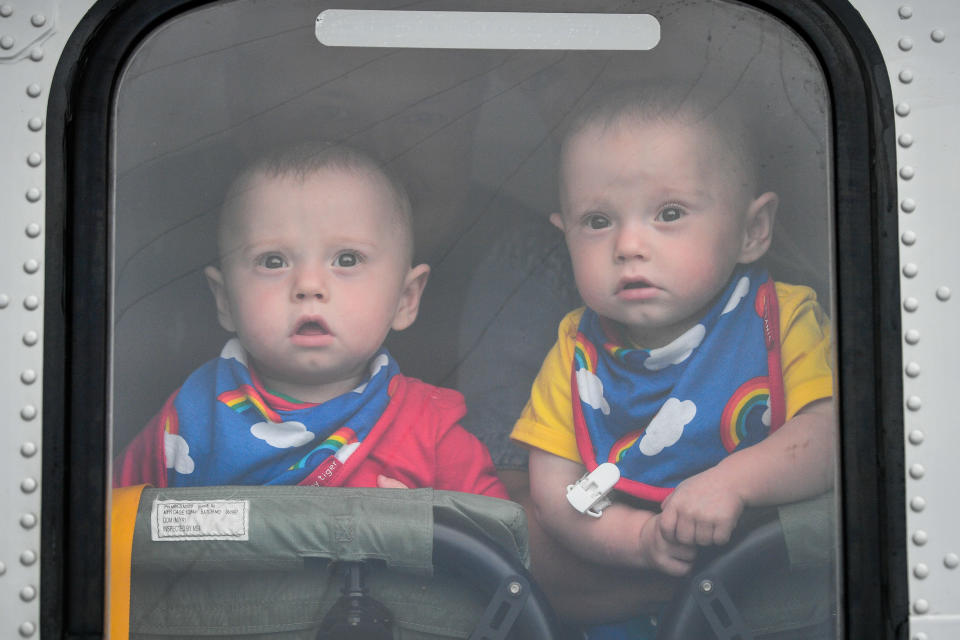Premature babies born at 22 weeks 'can survive'

Health officials are calling on doctors to attempt to save premature babies born at just 22 weeks - a fortnight before the abortion cut-off.
The British Association of Perinatal Medicine (BAPM) is urging for a change to guidelines after statistics show survival rates among severely-premature infants have doubled in the past decade.
Existing guidance states medics should not attempt to save a baby born before 23 weeks due to it supposedly not being in the child’s best interest.
However, since this was put together in 2008, survival rates among these youngsters have doubled from one in five to two in five.
READ MORE: Miracle twins reunited one year on with the copter crew who saved their lives
Experts put this down to the increased use of steroids, which help to stimulate the development of an infant’s lungs. They also credit better organisation for enabling 80% of women in premature labour to be quickly transferred to a specialist unit.
Twins Ruben and Jenson Powell defied the odds last year when they became the youngest surviving premature twin boys in Britain, arriving at just 22 weeks and six days.
They celebrated their first birthday in August.

Dr Helen Mactier, president of the BAPM, said the updated guidance “aligns recommended clinical practice with the most up-to-date science, ensuring advice to parents is consultative, consistent and evidence-based”.
“We’ve got better at keeping extremely premature babies alive and we know clinicians are increasingly willing to consider survival-focused care for the most extremely premature babies,” she said.
“We have a responsibility to offer the best possible care to the baby, and consistent advice and guidance to worried parents.”
BAPM’s guidelines are outlined in its Framework for Practice. Based on evidence collected in the UK and internationally, it recommends doctors grade a baby born at 22-to-27 weeks as being at an extremely high-to-moderate risk of death. This should be used to guide the youngster’s treatment.
Babies born before 22 weeks are not expected to survive due to their lungs being underdeveloped, leaving them unable to get oxygen into their blood.
Dominic Wilkinson, professor of medical ethics at the University of Oxford, said: “It is possible, in 2019, to save babies who could not previously have survived. That is fantastic news.
“But the very high risks mean it is not always the right thing to do to provide intensive medical treatment. Sometimes the best and wisest path is to take a palliative approach to the baby’s care, focused on the baby’s comfort and avoiding invasive medical treatment.”
“Decisions need to reflect the evidence as well as a baby’s individual circumstances and, crucially, the views of parents.”
READ MORE: Premature baby born three months early was saved by bubble wrap
Improved survival rates among babies born at 22 weeks has been put down to technological advances that enable better ventilation and reduced risk of infection, the BBC reported.
Most pregnant women who give birth too soon also do so in specialist hospitals, compared to just over half a decade ago.
Despite the change in guidelines, babies born at 22 weeks rarely survive. Out of the 486 labours at this stage in 2016, more than 300 infants did not make it through the delivery.
Of those who did, 140 reportedly could not be saved, with them being given palliative care to make them comfortable.
READ MORE: 'UK's most premature baby', born the size of her mum's hand, is now two and thriving
When treatment other than palliative care was given, just over a third of the babies survived.
After 22 weeks, an infant’s hope of survival increases week-on-week, however, many are left with serious disabilities.
Eight days after twin Ruben was born last year, his intestines failed, forcing him to have a life-saving operation.
Together, the brothers have endured 20 blood transfusions, as well as battling blood poisoning and pneumonia.


